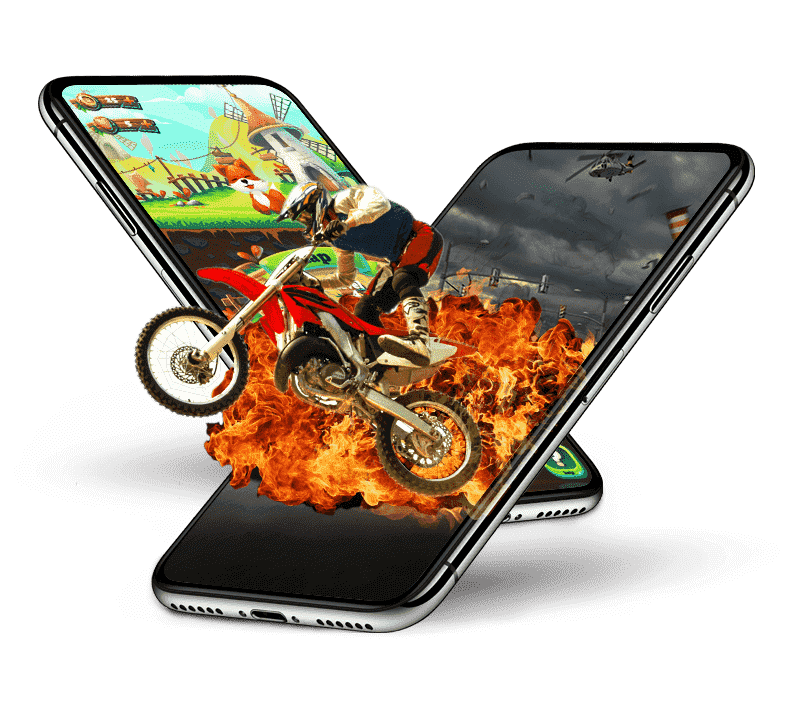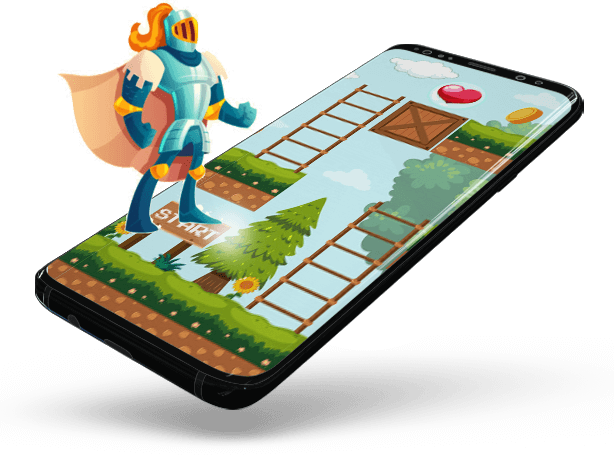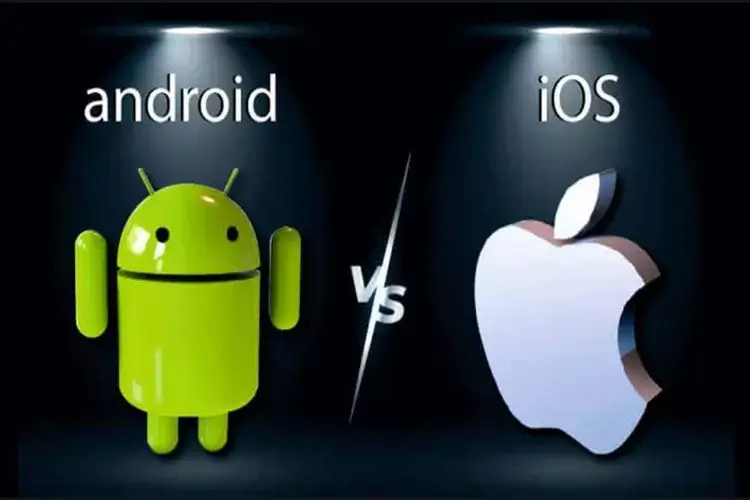.png)
Developing an iPhone game app
Idea Generation: Brainstorm game concepts that are unique, engaging, and feasible. Consider the target audience and current market trends. Market Research: Analyze similar games to identify what makes them successful and where there might be opportunities for improvement or differentiation. Concept Development: Define the game's core mechanics, storyline, characters,
Learn More

